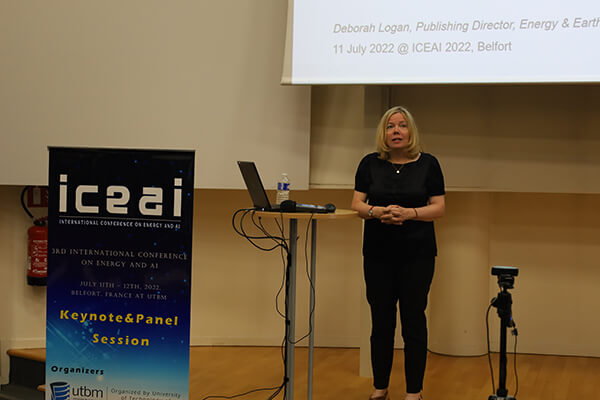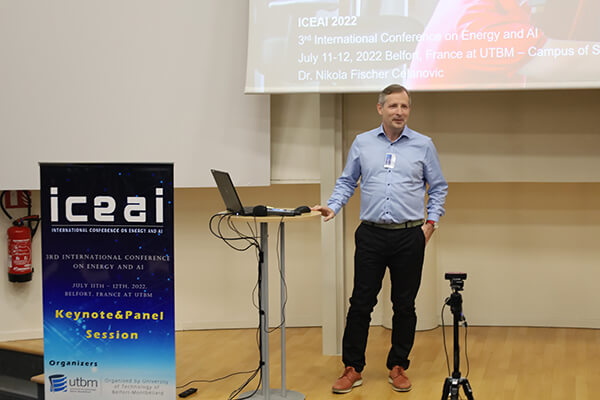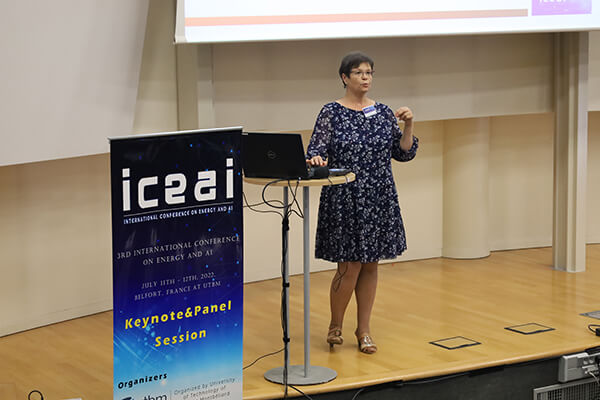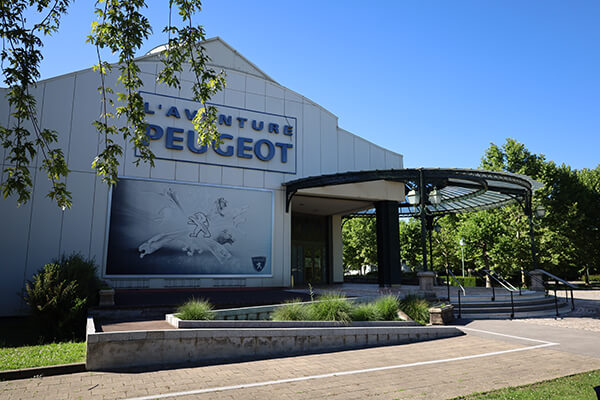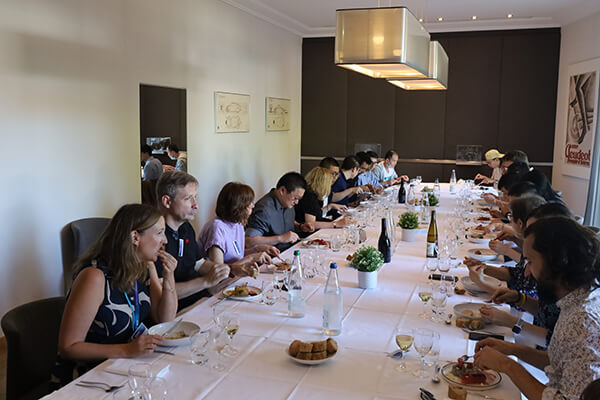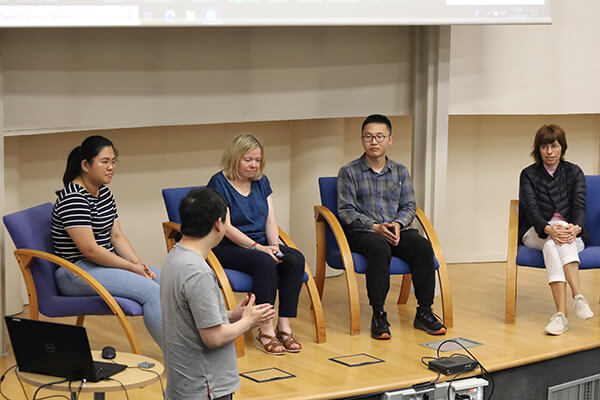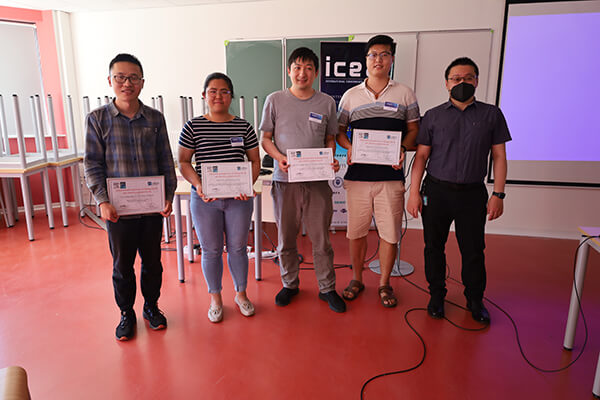
Professor Jianguo Liu
College of Engineering and Applied Sciences,
Nanjing University, China
Jianguo Liu is a professor of College of Engineering and Applied Science, Nanjing University. His research interest is mainly related to hydrogen production and proton exchange membrane fuel cell. A total of 121 SCI papers have been published in Angewandte Chemie International Edition, JACS, Energy & Environmental Science, Nano Energy and other journals, which have been cited 5800 times, and the H factor is 41.
New research paradigm of proton exchange membrane fuel cells led by artificial intelligence
Highlights
Machine learning models could intelligently provide with valuable decision suggestions and also reveal hidden key factors based on big data for material optimization.
• Interpretation methods applied on as-trained artificial intelligence (AI) models could analyze the influence trends of numerous coupling variables with conciseness and find out the core conflict in a complex system.
• Compared with trail-and-error process, AI guided experimental exploration and model retraining formed a much more efficient developing loop.
Abstract:
Development of electrochemical devices and materials was still performed by inefficient trial-and-error processes guided by researchers’ intuition which would not keep up with the increasing demand from renewable energy. For complex systems like proton exchange membrane fuel cells (PEMFCs), chemical reactions at the microscale, mass transfer processes at the mesoscale, and complex thermoelectric coupling fields at the macroscale are simultaneously involved. Therefore, manual analysis and optimization with numerous variables would be extremely strenuous. Therefore, we introduced AI aided models to determine key parameters and give reliable decision aids on strategy worth-taking to fabricate an ideal membrane electrode assembly (MEA). Moreover, different machine learning algorithms were chosen to perform regression task that directly map experimental input to performance output. With an error less than 10% when predicting maximum power density, AI prediction could greatly boost the experimental works as reliable reference.[1] Moreover, we standardized the research paradigm and set up a close-looped workflow to instruct on how the potential of machine learning could be comprehensively exploited to optimize the performance. Four modules: feature selection, decision modelling, regression modelling and online optimization were proposed to combine with efficient AI guided experimental exploration. Both material performance and AI prediction accuracy could mutually benefit each other. Besides electrochemical materials, this paradigm can be widely used as tools in chemistry, biology, medicine, engineering and other fields where the traditional experimental data can be digitized.[2] Moreover, we have discovered the ability of AI to dig out hidden key factor which were long ignored by human researchers. And further provide insights based on big data to reveal the structure-activity change mechanism cooperating with characterization/experimental results. AI could also serve as surrogate model of expensive multiphysics models to greatly reduce the computing time cost as well as to meet the lightweight deployment in practical applications. Beyond that, we introduced interpretation methods on AI surrogate models to analyze the influence trends of numerous coupling variables with conciseness and find out the core conflict in a complex system. AI-guided optimization suggestions were fully supported by the experimental results. Furthermore, the final product achieved 3.2 times the Pt utilization of commercial products, but with a time cost orders of magnitude smaller. Thereby proving the AI-participated decision-prediction-experiment workflow would be revolutionary new research paradigm for the development of electrochemical materials and other labor-intensive research fields.
[1] R. Ding, R. Wang, Y. Q. Ding, W. J. Yin, Y. D. Liu, J. Li, J. G. Liu, Angew. Chem.-Int. Edit. 2020, 59, 19175-19183.
[2] R. Ding, Y. Ding, H. Zhang, R. Wang, Z. Xu, Y. Liu, W. Yin, J. Wang, J. Li, J. Liu, Journal of Materials Chemistry A 2021, 9, 6841-6850.
 University of Technology of Belfort-Montbéliard
University of Technology of Belfort-Montbéliard Co-organized by
Co-organized by
 Co-organized by
Co-organized by


























